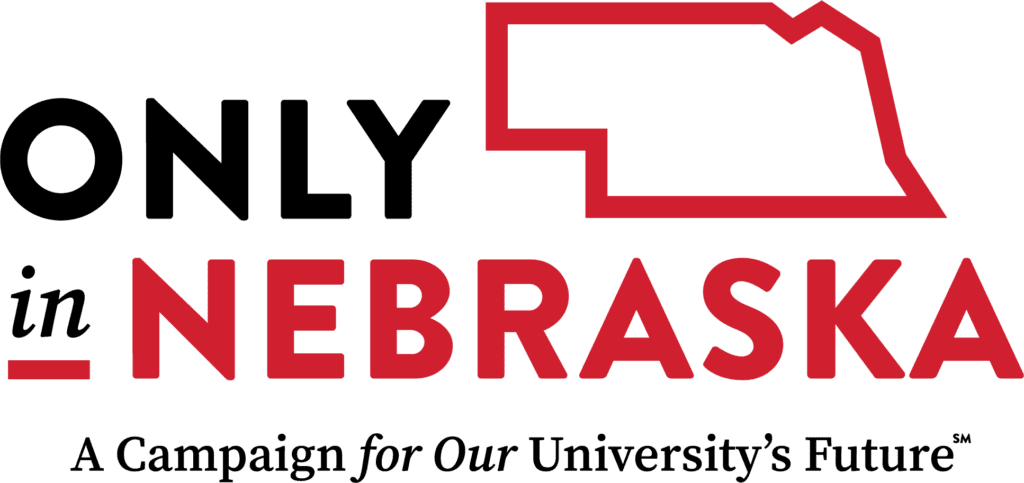What do you want to be when you grow up?
Looking back now, he says, it probably was too serious of a talk to have with such a little boy.
He was just 5 at the time. His dad was still alive.
He was visiting his dad’s room in a bare-bones public hospital near their home in Burkina Faso, a third-world country in West Africa. (The family couldn’t afford a private hospital, so they’d had to wait weeks for doctors and a bed.)
His dad, weak and thin, looked over at him.
What do you want to be when you grow up?
“I told him I wanted to take care of people like him,” Geoffroy Napon recalls. “I told him, ‘I want to be like those people in white coats.’”
His dad, who had some unknown disease, died not long after that talk. He didn’t get to see Geoffroy reach for his dream by studying hard and becoming a star in math and science and earning a scholarship to a private Christian high school. He didn’t get to see Geoffroy complete a year of medical school in Burkina Faso before winning a countrywide lottery for a green card to come to the United States to study.
And he didn’t get to see Geoffroy arrive wide-eyed in Omaha two years ago — the day after his 20th birthday — and then earn a spot in a new University of Nebraska program for aspiring doctors called the Urban Health Opportunities Program.
A program that could make his little-boy wish come true.
UHOP, as it’s called, is a collaboration between UNO and UNMC. The program pays his undergraduate tuition, offers mentors for him and other promising students through UNO and, if they keep their grades up, guarantees them admission into medical school at UNMC.
If you could talk with a UHOP donor, what would you say?
“The first thing that comes to mind is a word of thanks,” Geoffroy says. “And then, I would just want to assure them that their money is making a really big difference in many people’s lives.”
UHOP’s goal is to bring diversity to Nebraska’s urban medical workforce by finding young people like Geoffroy who want to take care of people in the medically underserved neighborhoods of Omaha, especially in the northeast and southeast parts of the city.
Geoffroy was in the first group of 13 students selected for the program, which began last year. He and the other UHOP students meet each month at UNO’s Barbara Weitz Community Engagement Center. They must volunteer in the community. They must maintain an A-level average in their science classes.
They have mentors, and they will become mentors themselves one day once they’re in med school.
Geoffroy likes to talk with the program’s director, Paul Davis, Ph.D., a biology professor at UNO.
Geoffroy likes how Davis pushes him.
Davis likes how Geoffroy pushes himself.
“Perhaps Geoffroy’s greatest asset as a future physician is that he’s unflappable in the face of adversity,” Davis says. “He’s gregarious and compassionate. He truly cares for those around him. I believe these two characteristics will make him a wonderful physician.
“Not to mention, he’s brilliant.”
The UHOP program is important to essentially all residents of Omahain various ways, Davis says.
For those people living in medically underserved areas, it will create a pipeline of caring doctors who want to practice in those areas and address critical community needs. In these underserved areas, he says, people sometimes don’t seek out preventive medical care because there aren’t enough doctors available to them or because they feel a lack of connection to their provider. Such patients might delay seeking treatment, and when a problem becomes medically urgent, studies show that these late treatments often cost many times more than proper preventive or earlier care.
“Not only is the recovery longer and more difficult, impacting their ability to work or care for others,” Davis says, “but insurance companies or federal support networks are financially impacted. Thus, it’s far better for all community members when the needs of underserved areas are met by physicians who understand their patients’ backgrounds and are truly interested in caring for this same population.”
While some students in UHOP, like Geoffroy, do come from other countries, the program has many local students who live in these underserved areas. Others simply have a heart for working with low-income people.
Geoffroy knows what it’s like to live that way.
In Burkino Faso, he says, “life isn’t easy.”
His home had no electricity. His family struggled. His dad, who’d worked in construction, had lost his job even before Geoffroy was born.
After his dad died, his mom did what she could to help her five kids thrive.
“My mom — imagine a young lady, a widow, having five kids,” Geoffroy says. “She raised five kids and was able to support me until I came here. She did small jobs — housework, cleaning. Every single thing she could do, she did.”
He says she cries sometimes — only because she’s happy — now when they talk.
“It was rough in the beginning when I first moved here. But she told me, ‘Never give up.’ My mom was pushing me, and my family was pushing me. So now I tell people when they want to give up — I tell them, ‘Never give up.’”
When he first came to Omaha, Geoffroy trained as a nursing assistant at Metropolitan Community College while he worked to improve his broken English. He then took a job at UNMC as a patient-care tech. He now works as an anesthesia technician while carrying a big load of classes at UNO.
He laughs.
“I have to be a hard worker,” he says. “I have no choice. When you come from a foreign country, you have to be a good worker.”
Looking back now, he says, he can’t believe his luck.
“When I first came here, it was tough. I was afraid of the student loans at the undergraduate level. So I don’t have to worry about that now. I can just focus on schooling and becoming a doctor.”
He wishes he could talk again with his dad.
If he could, he says, he’d tell him about all the amazing things that have happened. He knows his dad would be proud, he says, to see he’s going to wear a white coat.
To see him taking care of people.
What would your dad say if he could talk to the people who support UHOP in any way?
“I expect he would be really, really grateful for their support,” Geoffroy says. “In Africa, when somebody gives you something, you say, ‘My prayer is that good blesses you.’ That is our tradition. I grew up with that in my mind, too, and my praise is that good would bless them, too, and give them more than they’ve given us.”





